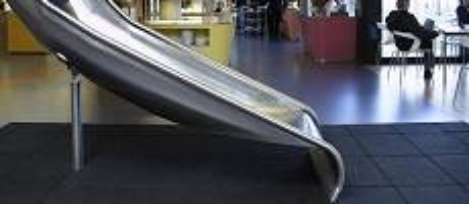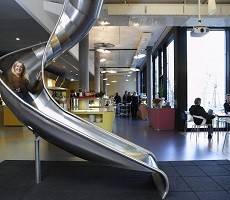June 17, 2016
Homeworking loses appeal as workers prefer flexible office environment 0
 Most workers now look for flexibility in where and how they work finds a new survey from the British Council for Offices. But this doesn’t mean homeworking; as less than a third (28 percent) of workers now say they would prefer to work from home, a figure that has dropped from 45 percent in 2013, when the research from the BCO and Savills was last conducted. Over three-quarters of respondents (77 percent) said that they currently work in a traditional office, with the majority (60 percent) choosing to work from a dedicated workstation compared to only four percent that are asked to share desks with colleagues. This desire for a dedicated desk has increased over the past three years, rising from a figure of 41 percent in 2013; but despite demand for a dedicated desk, most workplaces (70 percent) now also include a communal environment to work from, providing a space for more dynamic working.
Most workers now look for flexibility in where and how they work finds a new survey from the British Council for Offices. But this doesn’t mean homeworking; as less than a third (28 percent) of workers now say they would prefer to work from home, a figure that has dropped from 45 percent in 2013, when the research from the BCO and Savills was last conducted. Over three-quarters of respondents (77 percent) said that they currently work in a traditional office, with the majority (60 percent) choosing to work from a dedicated workstation compared to only four percent that are asked to share desks with colleagues. This desire for a dedicated desk has increased over the past three years, rising from a figure of 41 percent in 2013; but despite demand for a dedicated desk, most workplaces (70 percent) now also include a communal environment to work from, providing a space for more dynamic working.
































June 2, 2016
European Championships 2016: advice and guidance issued for employers 0
by Sara Bean • Comment, Flexible working, Legal news, News, Workplace
(more…)